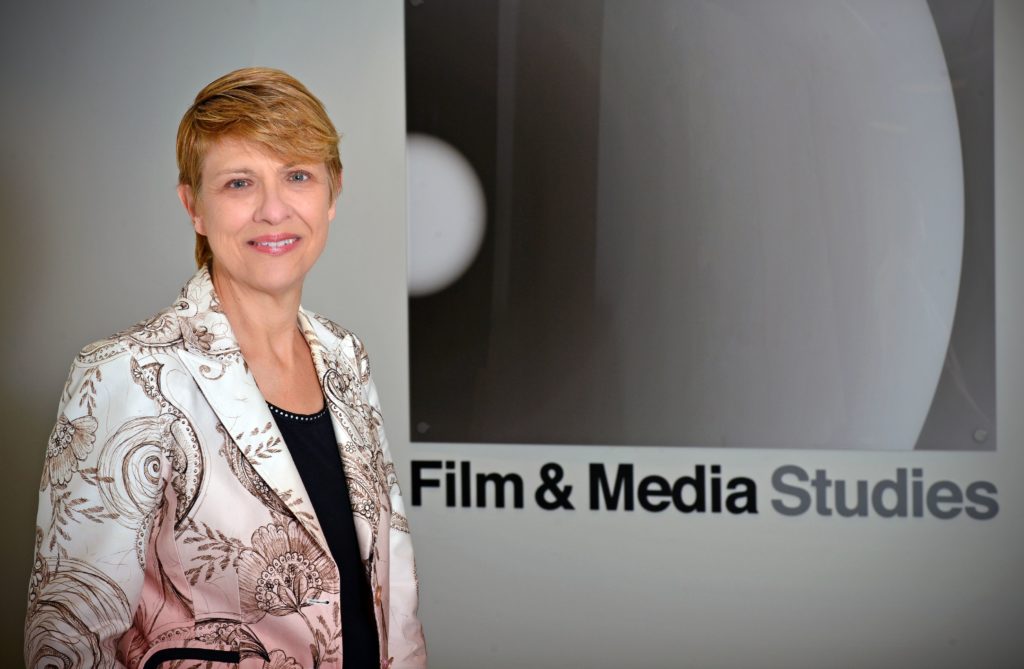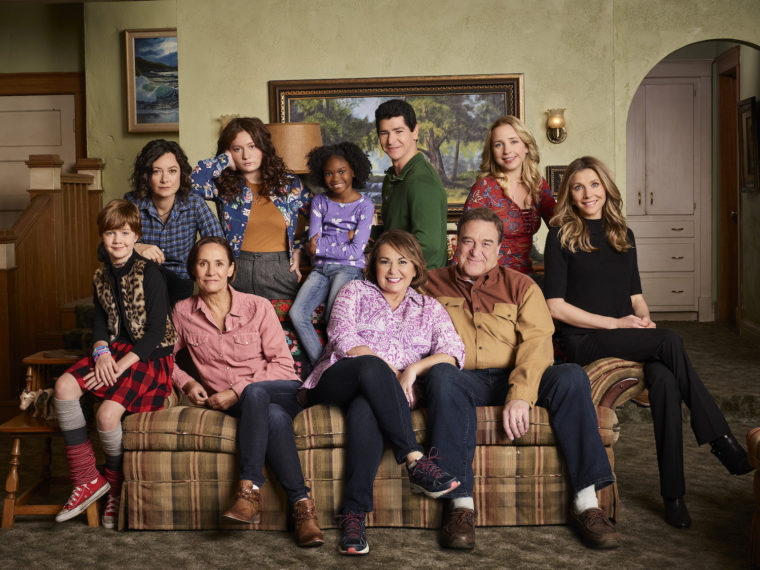On May 29, ABC cancelled its “Roseanne” revival after an ugly tweet from the show’s eponymous star.
In this Q&A, film scholar Gaylyn Studlar, the David May Distinguished Professor in the Humanities and director of the Film & Media Studies Program in Arts & Sciences at Washington University in St. Louis, examines the dangers of Twitter, the speed of cancellation and the influence of diversity in the boardroom.
Roseanne Barr, a television star, was brought down by her use of Twitter. What does this say about the interplay of social media and contemporary celebrity?

This is a new world of convergence. A single tweet can communicate a celebrity’s thoughts and feelings instantaneously to thousands, if not millions. And tweets tend to be interpreted as the celebrity at her or his most authentic, offering unfiltered truthfulness. That can support a sense of intimacy — but for the impulsive, it’s also very dangerous.
In the cases surrounding the trial of Bill Cosby and the public allegations against Kevin Spacey, time passed before decisions were made regarding programming that involved them. But “Roseanne” was cancelled in a matter of hours. Has so big a hit ever been so summarily terminated?
No, I don’t think it has — but ABC could not let the situation go on for long. The controversy was too socially divisive. It had the potential to overwhelm discussions about the network and to alienate both viewers and advertisers.
Barr’s identification of herself as a Trump supporter — one who feels comfortable telling an explicitly racist “joke” — might have intensified the network’s worry. What happens if Trump weighs in? And of course, he did.
Outrageous rule-breaking is a core element of Barr’s persona, and she has made racist and deeply offensive comments before. But ABC knowingly took the risk of giving her a platform in the hope that appealing to “heartland” America would lift them from the bottom of the ratings barrel. In the wake of this controversy, ABC might simply have believed that Barr’s popularity had peaked.
ABC entertainment president Channing Dungey, who announced the decision, is African-American. Does the speed of cancellation speak to the power of diversity in the executive suite?
Ms. Dungey was not the top executive who might have made the announcement. Her boss, Ben Sherwood, or his boss, Robert Iger, may have tapped her for any number of reasons. But certainly her opinion could have played a crucial role. And demonstrating that ABC includes an African-American executive with the power to make such a decision underlines the idea that the company will not tolerate racism.
So making Ms. Dungey the spokesperson seems a very smart move. Indeed, it was so smart that Barr is reduced to blaming her remarks on a sleep aid!
Let’s not forget that Roseanne has aimed similar racist slurs at former ambassador Susan Rice. She’s a repeat offender. If this story tells us anything, it’s that Hollywood can tolerate celebrity repeat offenders as long as they’re making money.
